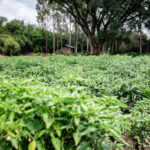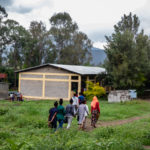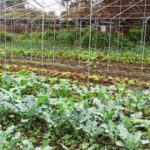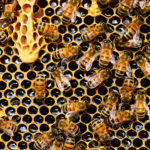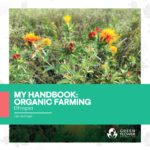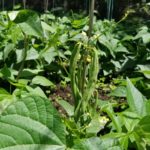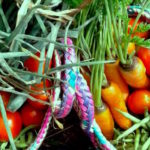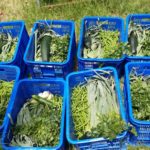IMPORTANT UPDATE
Dear readers,
As you know, our latest project came to an end in June (please find the August newsletter here). We were planning to continue our work and strengthen the systems that had been built throughout the last two projects, “Organic Farming” (2018-2021) and “Go Organic” (2021-2024) but eventually realised that a third project would not take place.
We submitted a new project proposal but the authorities in Ethiopia have imposed new conditions. Consequently, we regret to inform you that we have decided to cease our activities in Ethiopia.
Although we are of the opinion that we could have continued to improve and strengthen the model that we built in terms of teaching, garden management, income generating, access to employment, we are proud of the good work that we achieved in Bishoftu over the past 6 years, and we trust there is a legacy for partners and the local community to build on.
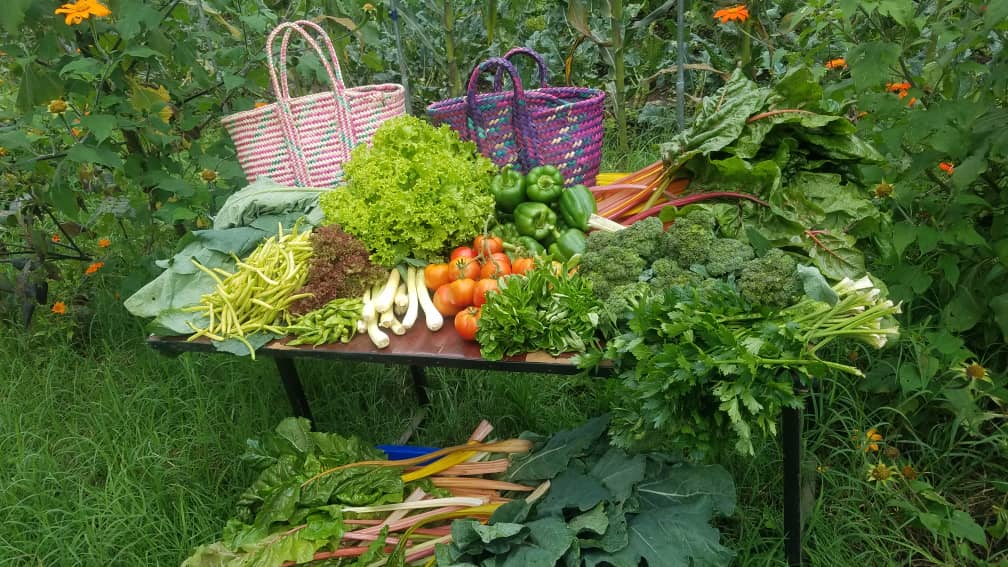
Organic farming for all TVET’s curriculum
(TVET = Technical and Vocational Education and Training centre)
We worked closely with the Ministry of Labour and Skills and managed to integrate organic farming techniques into the curriculum for all agricultural TVET’s in Ethiopia.
Support to Bishoftu Polytechnic College (BPC), youth and local community
Training
Bishoftu Polytechnic College was the first TVET in Ethiopia to offer training in organic farming and the garden remains a model to this day. We would have liked to strengthen and replicate further.
We offered training in organic farming to two teachers and one farm coordinator, who trained 50+ college students, 200+ local smallholder farmers, dozens of development workers who will in turn pass on their knowledge to hundreds of farmers.
Setting up an organic garden
Within BPC’s compound, we set up a garden from scratch. We installed a greenhouse, net house, lath house, pack house, irrigation systems with dripping lines and a solar-water pump. We planted fruit trees (papaya, avocado, etc.) and installed beehives. Over the years, the garden size expanded, and it is currently +5000 m2. From now on, the garden will be entirely managed by BPC.
Demonstration site and income-generating unit
The organic garden is a demonstration site for the students as well as a production site, generating an ongoing income for the college. The garden employs 3 workers supervised by teachers, and weekly deliveries of fresh and tasty vegetables were made to Addis. In 2.5 years, we have sold +2150 baskets to customers in Addis.
The vegetables are also sold to the college staff.
We attended different bazaars to grow the customer base. Over the years, we developed this income-generating unit for the college, with 150+ loyal customers who praised the quality of the vegetables and the service that we offered.
Exchange visits
Every year, we organised exchange visits for the college management team to meet with their peers from other TVET’s in the region and they learnt a great deal from each other’s experiences.
Beekeeping
We installed beehives at the college, offered beekeeping training to the local community and equipped them with beehives to get started on their journey.
Seed garden
We created a 3000m2 experimental organic seed garden near Bishoftu and 20+ varieties of seeds were regularly distributed for free to the college garden, former students and local farmers. This garden also produced organic vegetables for the Passion Furniture’s canteen, contributing to the daily lunch preparation for 50 workers. This garden is located outside of BPC on a private company’s land. This activity will not be taken over by BPC, but they have the capacity to grow seedlings in the greenhouse that we installed.

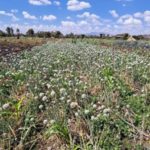

Support to youth
We provided weekly English classes, regular internships, business challenges and coaching sessions for the students.
We provided financial and technical support to a first cohort of 30+ students for the launch of their business in farming and shopkeeping. We helped them get access to land, by renting a plot for them. This experience will undoubtedly be a life changer in their journey.
Handbook
We issued a handbook on organic farming, available in Amharic, Afaan Oromo and English, with recipes for organic pesticides and organic fertilisers, as well as other techniques to improve soil health: https://greenflowerfoundation.org/handbook/
Network
We developed a strong network with private sector companies, non-profit and international organisations, embassies, and we built good relationships with federal and regional authorities.
We observed that there is a demand for organic vegetables, fruit, herbs and honey in Addis, and there is a need for a certification for organic produce. We had the intention to develop an organic certification that would have been beneficial both for customers and suppliers.
While the youth are struggling with high unemployment and limited access to land, we observed that private companies interested in switching to organic practices, are looking for highly qualified staff. More partnerships between TVET’s and the private sector are needed to define the mutual needs and opportunities.
Smallholder farmers as well as large vegetable producers, are getting more interested in organic, and they have a key role to play in the development of a sustainable economy and lifestyle.
We hope that our projects will be seen as the first seeds of the development of organic farming in Ethiopia.
At the time of writing this newsletter, we are planning the donation of all belongings in Ethiopia, with the authorities, as part of the closing procedure.
Thank You
Finally, we would like to warmly thank our donors, Board members, partners, staff, consultants, customers, community members, friends and everyone who has paid an interest in our work and supported us. Thank you.
Photo credits: Green Flower Foundation
Make a donation
Green Flower Foundation
Rue de Rive 13
1204 Genève
CH11 0839 0034 5975 1000 7
